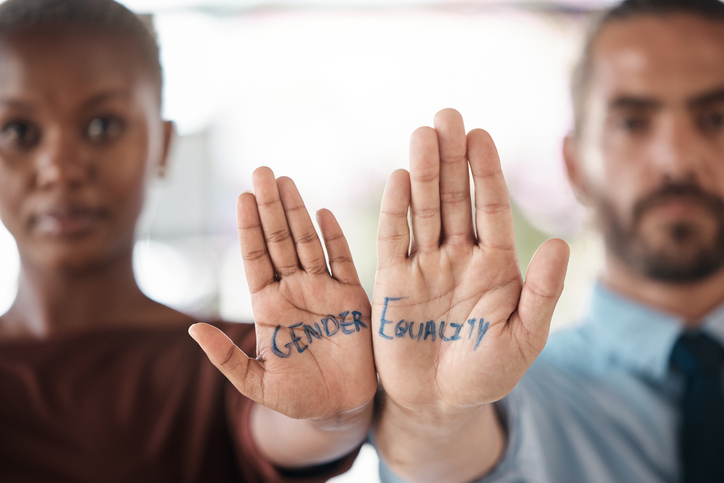The inaugural international research examining the correlation between gender equality and life expectancy has revealed that an improvement in gender equality correlates with increased life spans for both genders. Nevertheless, when assessing variations across nations grouped by socioeconomic development and geographic closeness, it emerges that advancements in gender equality predominantly augment the health and longevity of women initially. However, as progress continues, men also experience longer life spans, gradually reducing the life expectancy gap between genders.
In collaboration with Imperial College London, Dr Cat Pinho-Gomes, an Honorary Research Fellow at The George Institute for Global Health in the UK, has highlighted the significance of the study’s findings ahead of International Women’s Day. She pointed out that tackling entrenched gender inequalities and empowering women could potentially enhance longevity for both sexes. Dr Pinho-Gomes emphasized the pervasive gender disparities worldwide in aspects crucial to longevity, such as employment and living conditions, exposure to pollution, healthcare access, education, income, and social support.
She further elaborated that as nations advance towards greater gender equality, allowing women more comprehensive participation in political, economic, and social spheres, the entire society benefits. This assertion comes at a time when global challenges, including the rising cost of living, the COVID-19 pandemic, climate crises, and widespread conflict and displacement, are impeding progress towards gender parity. Such hindrances threaten to reverse the strides made in socioeconomic development and improvements in living and working conditions, potentially curtailing the increases in life expectancy observed over recent decades.
To explore the association between gender equality and life expectancy (LE) for both women and men and to gauge the global gender gap in LE, the researchers employed a modified global gender gap index (mGGGI) inspired by the index created by the World Economic Forum (WEF), spanning 156 countries from 2010 to 2021. The WEF’s index assesses the state and progress of gender parity across four primary dimensions, excluding this study’s health dimension to avoid overlapping with the study’s focus on healthy life expectancy.
The findings revealed that among the dimensions analyzed, gender equality in education was most strongly linked to longer LE for both women and men. Dr Pinho-Gomes underscored the critical role of investment in education, especially in low- and middle-income countries where many girls still face barriers to education. She pointed out that even in high-income countries, where significant efforts have been made to reduce gender inequalities, further investments in gender equality could still enhance LE, particularly for men. The study also casts light on the less significant association between political gender equality and the LE gap, raising questions about the effectiveness of gender equality policies implemented by political systems worldwide.
Dr Pinho-Gomes addressed the challenges faced by women in the political arena, including discrimination and the difficulties of balancing personal, family, and political life, alongside securing party support and campaign funding. She noted that in 2021, every ten per cent increase in the AGI was linked to a 4.3-month increase in women’s LE and a 3.5-month increase in men’s LE, albeit with significant regional variations.
In conclusion, Dr Pinho-Gomes stressed the study’s vital implications for policymakers globally, particularly in the aftermath of the COVID-19 pandemic, which had a distinctly gendered impact across various life domains. She advocated for enhancing women’s representation in multiple sectors to foster wealthier and healthier societies for everyone, marking a significant message for International Women’s Day.
More information: Ana-Catarina Pinho-Gomes et al, Gender equality related to gender differences in life expectancy across the globe gender equality and life expectancy, PLOS Global Public Health. DOI: 10.1371/journal.pgph.0001214
Journal information: PLOS Global Public Health Provided by George Institute for Global Health








